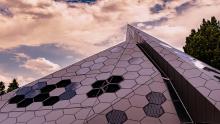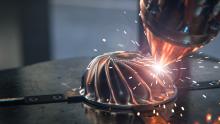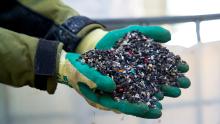From Trenčín to the world: How FunGlass is shaping the future of materials science

Science knows no borders. The EU-funded FunGlass project demonstrates how the expertise of top European partners can breathe new life into a young, aspiring institute. An upgrade of the Centre of Excellence for Ceramics, Glass and Silicate Materials in Trenčín, Slovakia, is delivering not only advanced science, but improved economic and social development in the region.









